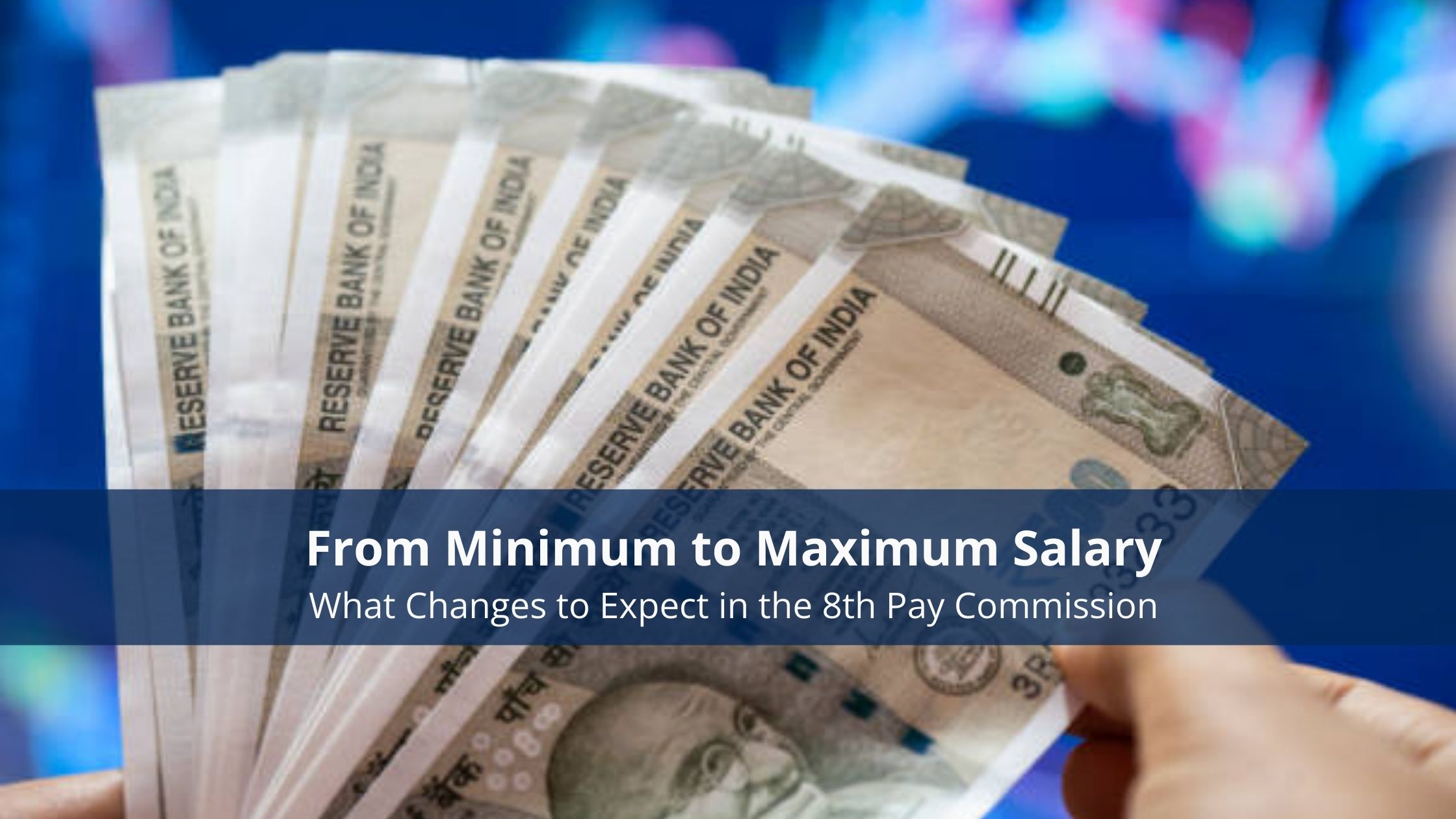
The 8th Pay Commission is one of the most anticipated reforms for government employees in India. As the 7th Pay Commission's term ends on December 31, 2025, discussions about the next salary revision, fitment factor adjustments, and overall pay structure are gaining momentum. Employees are eager to know:
We will explore the expected changes in the 8th Pay Commission, its impact on salary slabs, and what government employees should prepare for.
The Pay Commission is a government-appointed body that reviews and recommends salary structures for central government employees, defense personnel, and pensioners. The 7th Pay Commission implemented a fitment factor of 2.57, setting the minimum basic salary at Rs. 18,000 and the maximum at Rs. 2,50,000.
The 8th Pay Commission, if implemented, will introduce a new fitment factor and revise salary slabs based on various economic factors, including inflation, GDP growth, and fiscal policies.
Currently, the minimum basic salary for central government employees is Rs. 18,000 under the 7th Pay Commission. With the 8th Pay Commission, the new minimum salary could range between Rs. 42,000 and Rs. 50,000, depending on the fitment factor applied.
For instance:
This increase will significantly benefit lower-grade employees, improving their purchasing power and standard of living.
The maximum salary of a central government employee currently stands at Rs. 2,50,000. If the fitment factor is revised to 2.57 or more, top-level government officials could see their salaries increase up to Rs. 6,42,000 or beyond.
This hike would largely impact senior officers in IAS, IPS, IRS, and other high-ranking government roles.
The fitment factor determines how salaries are revised in the 8th Pay Commission. While no official confirmation has been made, speculations suggest it could range between:
A higher fitment factor will increase both minimum and maximum salaries, benefitting employees across all levels.
The Dearness Allowance (DA) currently increases twice a year based on inflation. If the 8th Pay Commission is delayed, the government might continue raising DA until new salary structures are implemented.
Possible changes:
The 8th Pay Commission will also impact retired government employees, as their pensions are linked to salary revisions. A higher fitment factor will ensure better retirement benefits, pension hikes, and improved post-retirement financial stability.
There have been discussions about whether the 8th Pay Commission will be implemented or if a new salary revision system will be introduced. Some possibilities include:
However, with increasing inflation and employee demands, it is highly likely that the 8th Pay Commission will be announced in 2025-26.
The 8th Pay Commission is expected to bring major salary revisions for government employees, with potential hikes in minimum and maximum salaries. Employees should stay informed about updates on:
The upcoming pay commission could positively transform the financial stability of government employees, ensuring better compensation for their services.
Stay tuned for further updates on the 8th Pay Commission and how it will shape the future of government salaries in India! Share your thoughts on https://forms.gle/RMs3hVzHNBRPovLD7